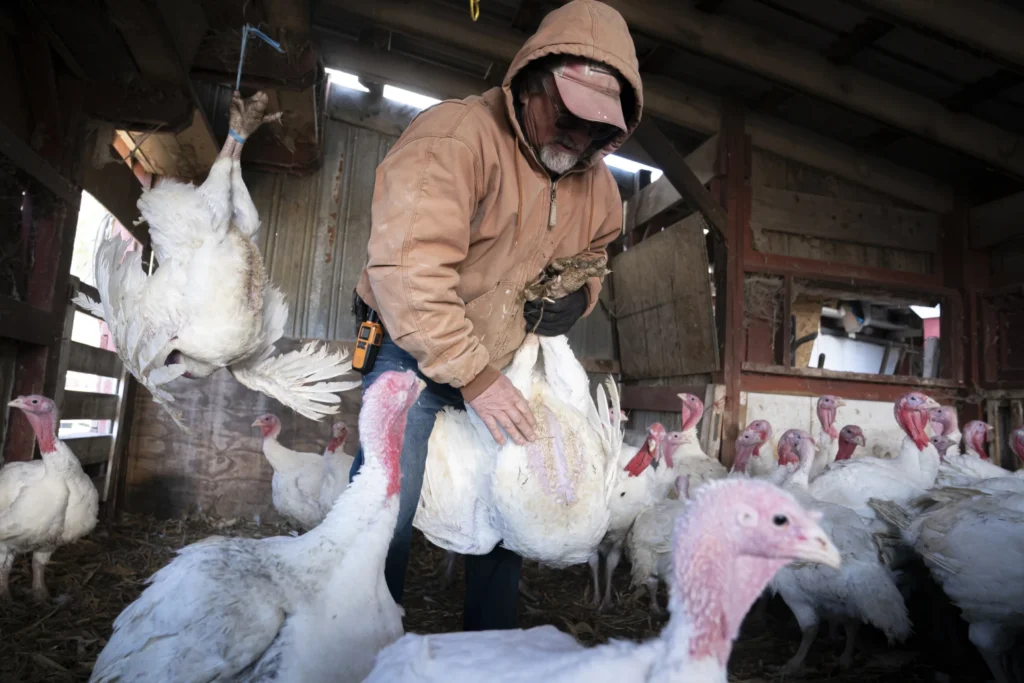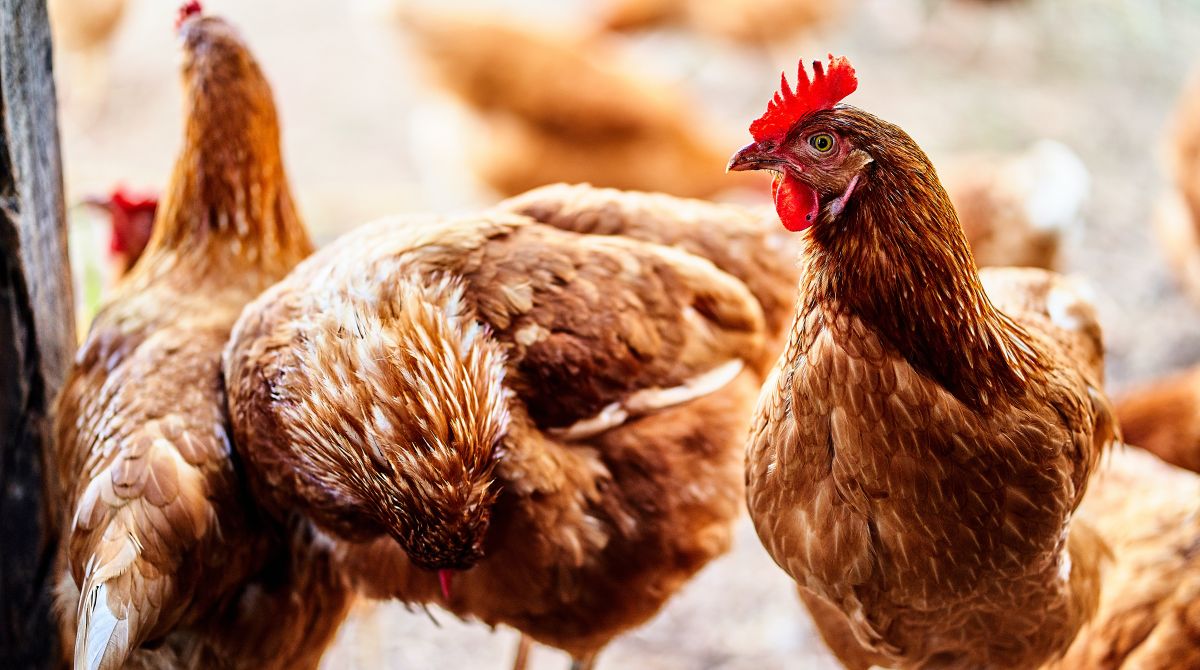The looming threat of avian influenza, commonly known as bird flu, is causing ripples in the agricultural sector, with potential consequences that could eventually affect consumers at the grocery store.
At the University of Texas at El Paso, economics professor Dr. Tom Fullerton sheds light on the current situation. While the financial losses from the bird flu have not yet been substantial, there’s a growing concern that they could escalate dramatically, potentially reaching up to $4 billion across the nation.
Initially, the impact of the bird flu outbreak has been relatively contained, with an estimated $150,000 dent in the economy. However, if the outbreak persists, there’s a risk of more cattle herds and poultry flocks being affected, exacerbating the economic toll.
Moreover, there’s a troubling aspect regarding the spread of the virus to humans, highlighted by a confirmed case in Texas. The uncertainty surrounding the potential human impact adds another layer of concern to the situation.
Of particular worry is the potential surge in prices of essential food items like eggs, chicken, and beef. While the extent of the price hikes remains unclear, there’s a possibility of significant increases that could strain household budgets.

This setback arrives as the agricultural sector was already striving to recover from losses incurred in 2023. The fear among experts is the potential resurgence of economic disruptions akin to those experienced in previous years.
Related Articles:
- Massive Tesla Supercharger Site Set to Emerge in Florida
- Trio Accused of Stealing Millions from Low-Income Families and EBT Recipients in California
- Louisiana Moves Forward with Law Similar to Texas Migrant Arrest Measure
As a result, consumers may notice a gradual uptick in grocery prices over the coming weeks, reflecting the underlying challenges posed by the bird flu outbreak. However, the full extent of the economic impact is still uncertain, leaving many aspects of the situation open-ended.
One critical concern stemming from this scenario is the potential stalling of monetary policy, with interest rates remaining stagnant. Such a development could further complicate the economic landscape, adding to the uncertainty surrounding the future.







+ There are no comments
Add yours